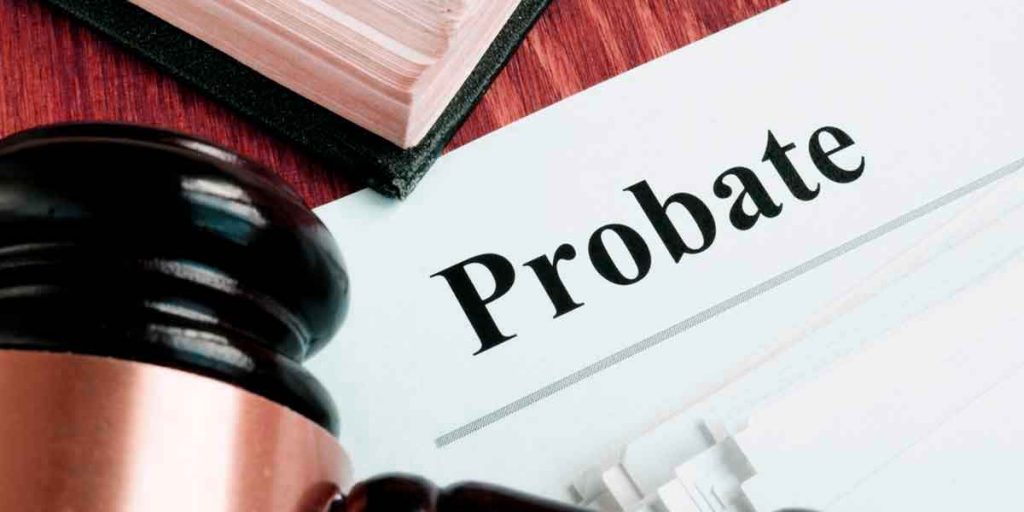When a person dies, their estate is usually shared according to their will. In the event that the individual failed to create a will before his or her death, the government will step in and share the estate based on the state’s intestate law. This process is usually time-consuming and stressful for the individual’s family and loved ones that are left behind.
Planning an estate is one of the most significant thing you can do while alive. This plan usually involve this creation of a will and other important estate planning documents which simplifies wealth transition process.
In this article, we won’t be talking about what an estate plan is or the importance of an estate plan. Rather, we’ll be taking a closer look at how an executor is paid during probate. However, before we delve into that, let’s understand what probate is first.
What is Probate?
Probate is a legal process done to determine the validity of a will. In other words, this process is done to ascertain if a will was indeed written by the testator or forged. During this process, moves are made by the estate executor to settle the affairs of the deceased. With the assistance of a probate lawyer, the estate executor makes effort to pay the due taxes of the deceased, and outstanding debts.
In addition, when all have been finalized, it is the duty of the estate executor or administrator to distribute the assets according to the deceased will. Most lawyers usually advice their clients to plan an estate that avoid probate due to the difficult and expenses related with the time-consuming process.
On common way and legal way to avoid probate is by creating a trust. Assets places in a trust doesn’t undergo probate. So by creating trust, you’ll be doing those you left behind a huge favor. However, most people don’t create a will and this makes it even harder for their family and loved ones.
Who is an Estate Executor?
A will, which is one of the most important estate planning documents usually contain several crucial information, one of which is the name if the estate executor. An estate executor is an individual chosen by the estate owner to oversee his or her affairs after death.
This individual, who is most times a close friend or relative to the family of the deceased, is charged with ensuring that the deceased’s estate is well managed and his or her wish is fulfilled.
If you were somehow named as the executor of a will, you can decide to step down if you want to. It’s totally up to you.
Sometimes, estate owners fail to name an executor. Or in the event that a will is not present, the judge will appoint an estate executor. This individual won’t be chosen randomly, rather he or she will be someone close to the family of the deceased. An individual chosen by the court to overseas the estate of a deceased is usually known as an estate administrator and not an estate executor who is usually designated by the deceased.
Duties of an Estate Executor
An estate executor is usually charged with several duties. One of which is to distribute deceased’s assets based on what is writing in the will. The estate executor is also charged with registering the death of the deceased, making funeral arrangements, valuing the estate of the deceased, paying any tax and outstanding debt, applying for probate, evaluating the decedent’s finances., placing a deceased estates notice, sharing the estate to the designated beneficiaries, and keeping estate accounts.
Not all estate executors are suited for the job. So sometimes, these individuals usually seek for the help of a probate lawyer who assist them with most of the task.
How is an Estate Executor Paid?
There is a huge work involved in being the executor of an estate. While an estate executor may feel that they deserve a little compensation for their task, they aren’t automatically entitled to payment for the service rendered.
An estate executor is usually paid from the proceeds of a deceased estate, provided it is stated in the will. Sometimes, they are given a lump sum payment. Whatever the will says should be given to the estate executor will be adhered to. In the case the will doesn’t state anything regarding payment for the estate executor, there is nothing the individual can do.









